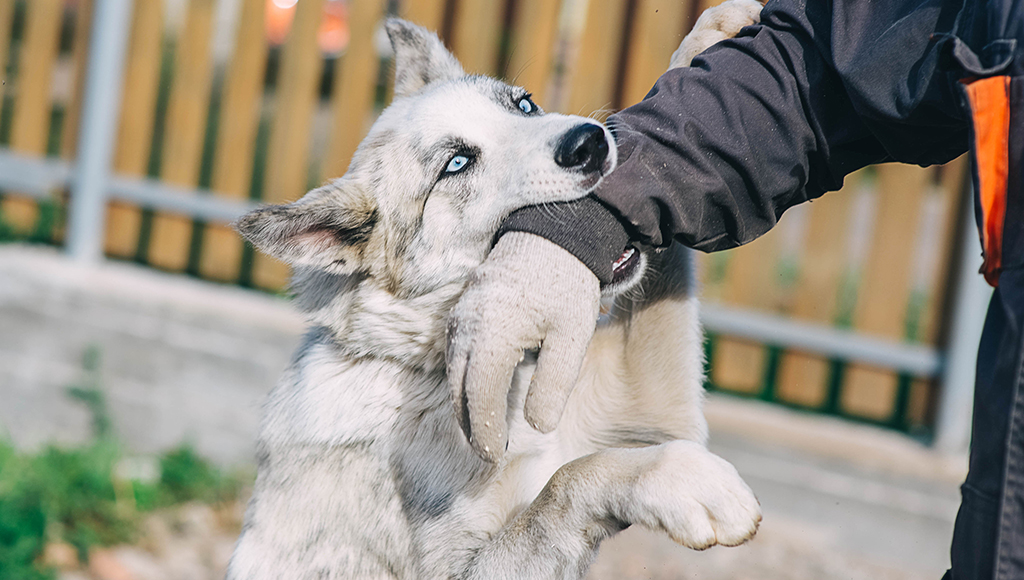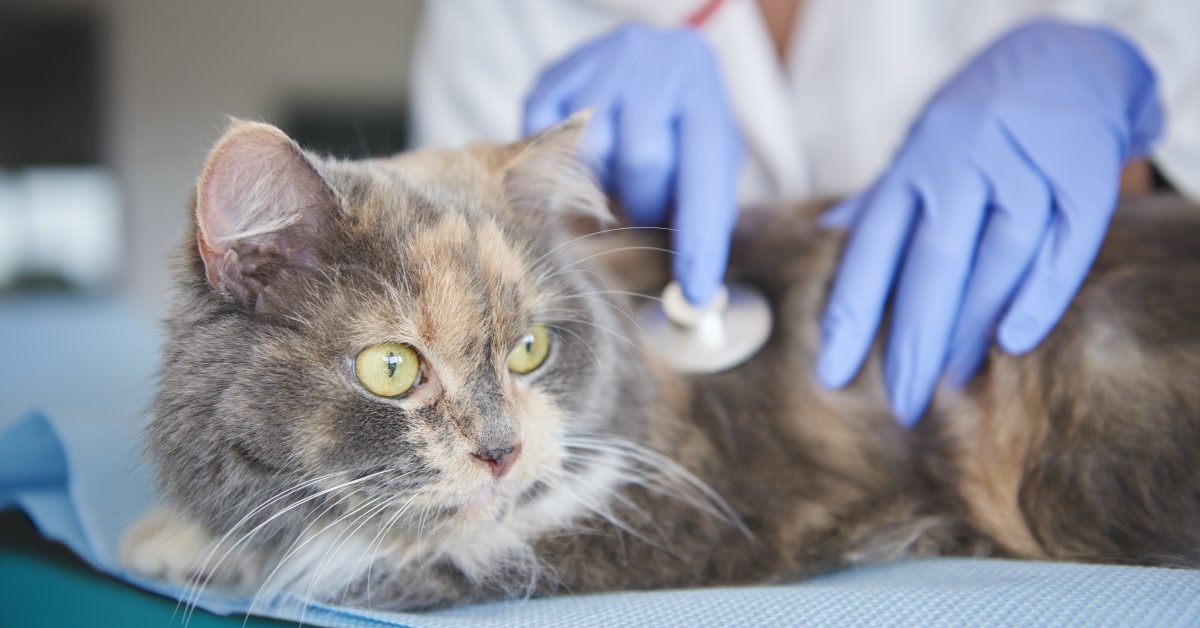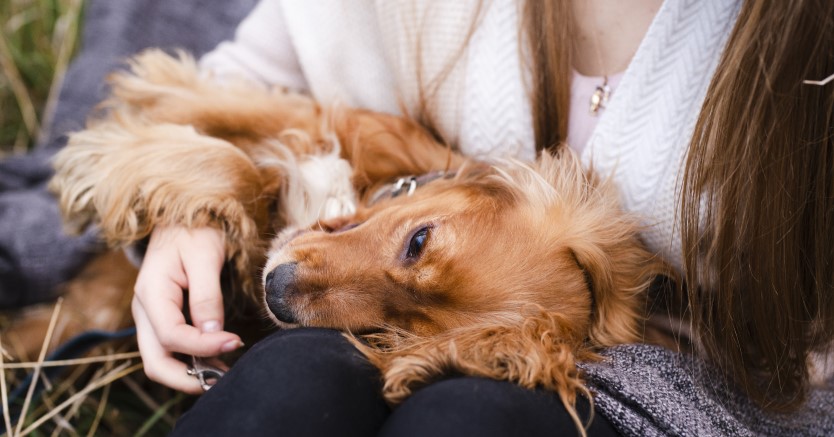Avoid Being Bitten
Good common sense and an ounce of precaution is the key

Most people assume that having a pet will inevitably end up with someone getting bitten, simply because that's what animals do. Animals bites do not have to be part of living with our animal companions and it is unfair to our furry friends to attach that label to them. Most animal bites CAN be avoided, if we just use good common sense when living with and interacting with our cats and dogs. There are many reasons an animal may bite, including a medical condition which causes them to feel poorly, making them more easily irritated and aggressive. Perhaps they are tired and stressed from a lack of restful sleep because of some environmental change or a change in their normal routine. A new tenant or visitor who is unfamiliar with your pet's habits or routine might be uncomfortable around your cat or dog, which will cause them to be overly cautious or uncomfortable themselves. Any number of things could cause your pet to lash out and bite, but it may be more an act of self-defense and fear rather than pure aggression, although that is also a possibility as well. An ill pet may also bite in situations it would normally would not.
If we examine instances where cats or dogs have bitten people, we can see some things that may have provoked the behavior, as well as some things situations to avoid in the future to reduce the chance of the incident occurring again. Children under 15 years of age are the most common victims, making up approximately 70% of all dog bite victims. In fact, dog bites are a greater health problem for children than measles, mumps, and whooping cough combined, and young boys between the ages of five and nine seem to be the most frequent victims.
What can pet owners do to help prevent dog attacks? There are lots of things that can help reduce bites, most of which require nothing more than good common sense. For instance, because some dog breeds are naturally more aggressive and less tolerant of people, choose your dog carefully, keeping in mind the number of people in the household who will interact with the animal, and their ages. Also consider when choosing a breed that is appropriate for the size of your home. A crowded environment will stress animals just as easily as it will humans, so this is very important.
We sometimes make assumptions as humans, that our dogs will think and react as we do. For example, we wouldn't hurt a family member by biting or hitting them when they irritate us or startle us, because we care about them and know it isn't appropriate nor will it resolve the uncomfortable situation, right? So without realizing it, we sometimes allow small children and babies to pick and poke a dog or cat and assume they won't retaliate because it is a member of our family. Dogs and cats, though intelligent, loving creatures, will bite or lash out more out of reflex and feeling a need to protect themselves, rather than aggression. How long would you like someone to poke your face or tug on your arm, until you couldn't stand it anymore? Not long, so keep this same thing in mind when your animal companions are being agitated by someone. Again, just good common sense at work.
No one likes to be bothered when they are ill, and we as humans can express that verbally. Unfortunately our furry friends cannot always tell us when they are feeling poorly, so watch for signs your dog or cat is "out of sorts" and make sure you everyone is made aware that your pet's is not well and that their tolerance or patience might be less than usual. These times should be easy to spot and should be brief and pass without incidence. We all have good days and bad days, so as long as we know our pet is healthy, this won't be a problem.
Another reason animals may bite is simply an act of protecting their area and those within it, so remember to obey leash laws and maintain property fences to avoid such incidents. Dogs that are allowed to roam loose outside their own yards will naturally expand their "territory" and will often defend it aggressively, so avoid allowing your dog this type of freedom. If your dog wants to spend time beyond the boundaries of your home, please make sure your dog is on a leash which is a great opportunity for both of you to enjoy spending time together safely. Using a leash with your pet does not mean leaving him tethered or chained for long periods of time, as this will make them feel vulnerable and increases their aggression.
Love your dog. Remember to provide your dog with adequate food, shelter, exercise and affection within the confines of your home. Do not leave your pet alone for long periods of time, as they may lash out from loneliness or distress. Play with your pet, but make sure the games are not overly aggressive, so that they begin to find it difficult to distinguish what is playful from what is unacceptable behavior. Finally, maintain your pet's health including vaccinations for rabies and other diseases, reducing bite responses caused by pain or irritability.
Lots of love and good common sense will help keep you, and your pet safer and happier.
Ready to start saving money on pet wellness care?
Then take a look at Mint Wellness, the pet wellness plan that provides fast reimbursement on routine pet care. Save on vaccinations, wellness exams, preventatives, dental, and more!
Learn More


